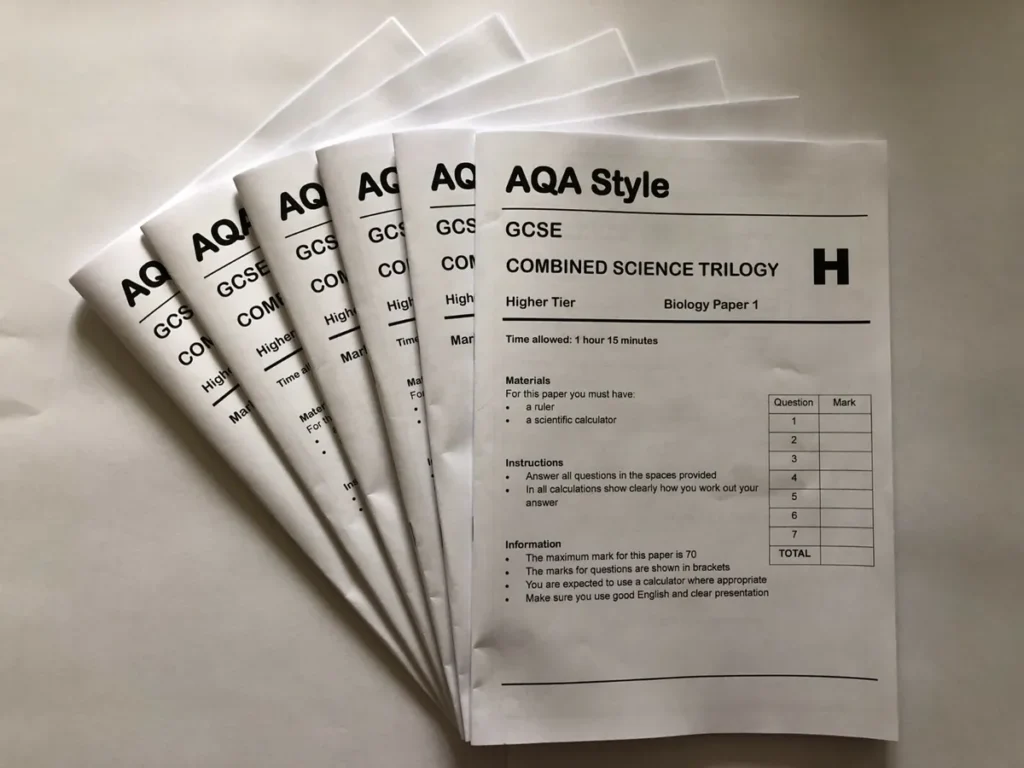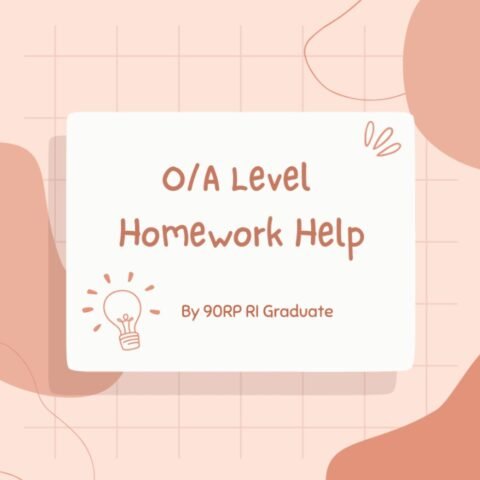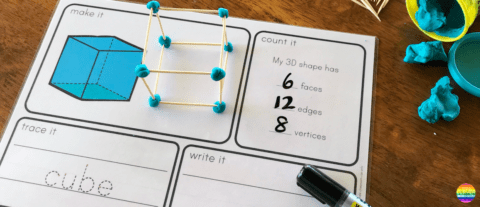Papers
Higher Set A Paper 1 – Non Calculator
Higher Set A Paper 2 – Calculator
Higher Set A Paper 3 – Calculator
Higher Set B Paper 1 – Non Calculator
Higher Set B Paper 2 – Calculator
Higher Set B Paper 3 – Calculator
Higher Set C Paper 1 – Non Calculator
Higher Set C Paper 2 – Calculator
Higher Set C Paper 3 – Calculator
Higher Set D Paper 1 – Non Calculator
Higher Set D Paper 2 – Calculator
Higher Set D Paper 3 – Calculator
Model Solutions
Higher Set A Paper 1 – Non Calculator Model Solutions
Higher Set A Paper 2 – Calculator Model Solutions
Higher Set A Paper 3 – Calculator Model Solutions
Higher Set B Paper 1 – Non Calculator Model Solutions
Higher Set B Paper 2 – Calculator Model Solutions
Higher Set B Paper 3 – Calculator Model Solutions
Higher Set C Paper 1 – Non Calculator Model Solutions
Higher Set C Paper 2 – Calculator Model Solutions
Higher Set C Paper 3 – Calculator Model Solutions
Higher Set D Paper 1 – Non Calculator Model Solutions
Higher Set D Paper 2 – Calculator Model Solutions
Higher Set D Paper 3 – Calculator Model Solutions
![]()
Papers
Foundation Set A Paper 1 – Non Calculator
Foundation Set A Paper 2 – Calculator
Foundation Set A Paper 3 – Calculator
Foundation Set B Paper 1 – Non Calculator
Foundation Set B Paper 2 – Calculator
Foundation Set B Paper 3 – Calculator
Foundation Set C Paper 1 – Non Calculator
Foundation Set C Paper 2 – Calculator
Foundation Set C Paper 3 – Calculator
Foundation Set D Paper 1 – Non Calculator
Foundation Set D Paper 2 – Calculator
Foundation Set D Paper 3 – Calculator
Model Solutions
Foundation Set A Paper 1 – Non Calculator Model Solutions
Foundation Set A Paper 2 – Calculator Model Solutions
Foundation Set A Paper 3 – Calculator Model Solutions
Foundation Set B Paper 1 – Non Calculator Model Solutions
Foundation Set B Paper 2 – Calculator Model Solutions
Foundation Set B Paper 3 – Calculator Model Solutions
Foundation Set C Paper 1 – Non Calculator Model Solutions
Foundation Set C Paper 2 – Calculator Model Solutions
Foundation Set C Paper 3 – Calculator Model Solutions
Foundation Set D Paper 1 – Non Calculator Model Solutions
GCSE Practice Paper Hub
GCSE Practice Paper Resource Finder
Select your exam board and subject to find suggested resources for practice papers.
Select your exam board and subject, then click "Find Resources".
Why Use GCSE Practice Papers?
What are the benefits of using GCSE practice papers?
Using GCSE practice papers (also called past papers or specimen papers) is one of the most effective revision strategies. Here's why:
- Familiarisation with Exam Format: You get used to the structure of the exam, the types of questions asked, the wording, and the time allocated for each section.
- Identifying Knowledge Gaps: Attempting papers helps you pinpoint topics or areas where your understanding is weak and needs more focus.
- Improving Time Management: Practicing under timed conditions helps you learn to pace yourself and allocate enough time for each question.
- Understanding Mark Schemes: Reviewing mark schemes after attempting a paper shows you exactly what examiners are looking for and how marks are awarded. This can be invaluable.
- Reducing Exam Anxiety: The more familiar you are with the exam format and what to expect, the less anxious you're likely to feel on the actual exam day.
- Developing Exam Technique: You learn how to interpret questions correctly, structure your answers effectively, and avoid common pitfalls.
- Reinforcing Learning: Actively retrieving information to answer questions helps solidify it in your memory.
Where to Find GCSE Practice Papers (General Advice)
Where can I find GCSE practice papers (free and paid)?
There are several excellent sources for GCSE practice papers:
- Official Exam Board Websites: This is the BEST place to start. Exam boards provide a range of past papers, specimen papers (for new specifications), and mark schemes for free.
AQA: Search "AQA past papers [subject]"Edexcel (Pearson): Search "Edexcel past papers [subject]"OCR: Search "OCR past papers [subject]"Eduqas (WJEC): Search "Eduqas past papers [subject]"CCEA: Search "CCEA past papers [subject]"
- School Resources: Your teachers will likely have access to past papers and may provide them as part of your revision. Some schools subscribe to platforms that offer practice materials.
- Revision Websites and Platforms: Many websites offer free or subscription-based access to practice papers and revision resources. Examples include:
BBC Bitesize: Often has links to exam board materials and its own revision content.Physics & Maths Tutor: A popular free resource with a vast collection of papers for Maths and Sciences, and increasingly other subjects.Maths Genie: Excellent for Maths practice papers and topic-based questions.Seneca Learning: Offers interactive courses and often incorporates past paper style questions.- Other subject-specific sites may exist.
- Revision Books and Workbooks (Paid): Companies like
CGP,Collins,Letts, and others publish books containing practice papers and exam-style questions. These often come with answers and sometimes detailed mark schemes or explanations.- These are useful for additional practice beyond what's on exam board websites.
- Ensure they are for the correct exam board and specification (e.g.,
9-1 GCSEs).
- Online Marketplaces (for older or specific papers): Sometimes older papers or specific sets (e.g., "AQA GCSE Maths 9 1 practice papers set 2") might be found through online sellers, but always prioritize official sources first.
Important: Always try to use papers that are relevant to your current specification (e.g., the 9-1 grading system for most GCSEs in England).
Are there practice papers for specific tiers (e.g., Maths Foundation)?
Yes. For subjects that are tiered, like GCSE Mathematics (Foundation and Higher tiers), exam boards provide separate practice papers for each tier.
- Foundation Tier: Designed for students aiming for grades 1-5.
- Higher Tier: Designed for students aiming for grades 4-9.
When searching on exam board websites or looking at revision books, make sure you are accessing papers for the correct tier you are entered for. Using papers for the wrong tier will not be an effective use of your revision time.
What about practice papers for specific years or sets (e.g., "AQA GCSE Maths 2018", "Edexcel Set 1")?
Exam boards release past papers from previous exam series. These are actual papers sat by students in years like 2017, 2018, 2019, etc. (though availability might be affected by events like the pandemic years).
They also often release "specimen papers" or "practice sets" (e.g., Set 1, Set 2, Set 3, Set 4) when a new specification is introduced to give teachers and students an idea of the new exam format. These are valuable resources.
While specific papers from a certain year (e.g., "AQA GCSE Maths Practice Papers 2015") might be from an older specification if the course has changed significantly, they can still sometimes be useful for practicing general skills. However, always prioritize papers from the most current specification you are studying.
Using Practice Papers Effectively
How should I use GCSE practice papers effectively?
- Start Early, But Not Too Early: Begin using practice papers once you have covered a significant portion of the course content. Don't jump in before you've learned the material.
- Attempt Under Timed Conditions: This simulates the real exam environment and helps you practice time management.
- Work in a Quiet Environment: Minimize distractions, just like in an exam hall.
- Don't Look at the Mark Scheme First: Attempt the paper to the best of your ability without looking at the answers or mark scheme.
- Mark Your Work Honestly: Use the official mark scheme to grade your paper. Be critical and identify where you lost marks.
- Analyse Your Mistakes: This is the most crucial step.
- Why did you get a question wrong? Was it a lack of knowledge, a misinterpretation of the question, a calculation error, or poor exam technique?
- Make notes on areas you need to revise or skills you need to improve.
- Review Topics You Struggled With: Go back to your notes, textbook, or online resources to strengthen your understanding of weak areas.
- Don't Just Do Papers – Learn From Them: The goal isn't just to complete lots of papers, but to actively learn and improve from each one.
- Vary the Papers: Use a mix of recent past papers, specimen papers, and potentially papers from different sets if available.
- Discuss with Teachers: If you're unsure about why you lost marks or how to improve, ask your teacher for guidance.
Always check the exam board and specification! Ensure the practice papers you are using match the exam board (e.g., AQA, Edexcel) and the specific course code/specification your school is following, especially with the 9-1 grading system.
Information about grade boundaries for specific past papers can usually be found on the exam board websites alongside the papers and mark schemes, often in a separate "grade boundaries" document for that exam series.




